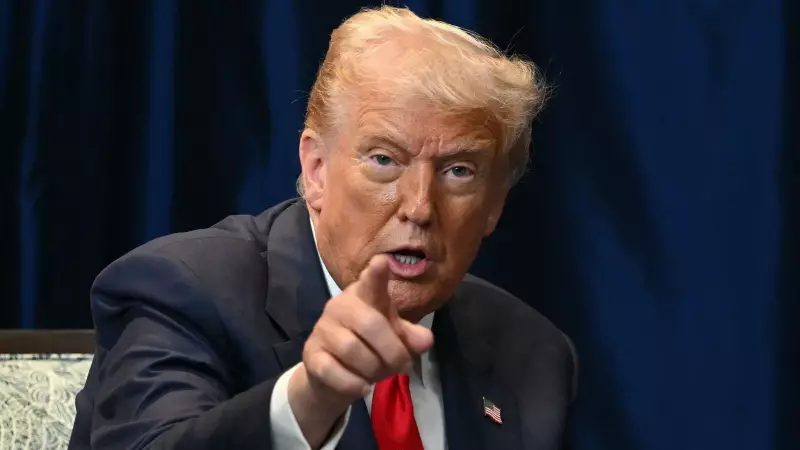
In a move that could reshape global trade dynamics, former US President Donald Trump has floated a radical proposal to impose a blanket 10% tariff on all imports entering the United States. This protectionist measure, reminiscent of historical trade wars, is already drawing sharp criticism from international leaders and economic experts.
What's Behind Trump's Tariff Gambit?
The proposed universal tariff would represent one of the most significant shifts in US trade policy in decades. Unlike targeted tariffs on specific countries or products, this across-the-board approach would affect everything from consumer electronics to automotive parts and agricultural products.
Economic analysts warn that such measures could trigger:
- Immediate price increases for American consumers
- Retaliatory tariffs from trading partners
- Disruption to global supply chains
- Potential inflation spikes across multiple sectors
Canada Fires Warning Shot
North of the border, Canadian officials have already signaled they won't take this lying down. Sources indicate that Ottawa is preparing proportional countermeasures should the tariffs become reality. Given that Canada is the United States' second-largest trading partner, the economic implications could be severe for both nations.
Mark Carney's Chilling Historical Comparison
Former Bank of England Governor Mark Carney didn't mince words when analyzing the potential consequences. He drew direct parallels to the infamous Smoot-Hawley Tariff Act of 1930, which many economists believe exacerbated the Great Depression.
"When we look at protectionist measures through history," Carney noted, "the Smoot-Hawley example serves as a stark warning about how trade barriers can spiral into economic catastrophe."
Global Economic Fallout Looms
The timing of this proposal comes as the global economy faces multiple headwinds, including persistent inflation and geopolitical tensions. Financial markets are watching closely, with experts concerned that a new trade war could derail fragile economic recoveries worldwide.
As the world braces for potential implementation of these tariffs, the big question remains: Will protectionism prevail over global cooperation, and at what cost to consumers and businesses everywhere?





